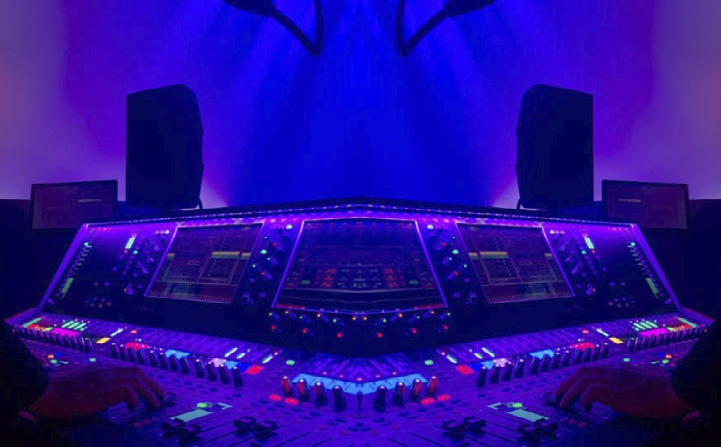Community, Leadership, Experimentation, Diversity, & Education
Pittsburgh Arts, Regional Theatre, New Work, Producing, Copyright, Labor Unions,
New Products, Coping Skills, J-O-Bs...
Theatre industry news, University & School of Drama Announcements, plus occasional course support for
Carnegie Mellon School of Drama Faculty, Staff, Students, and Alumni.
CMU School of Drama
Tuesday, April 16, 2024
Tandem Touring: Mixing Monitors As A Dual-Engineer Team
ProSoundWeb: For the majority of bands, one monitor engineer is all they need. We’re skilled at juggling many different mixes and fielding several requests at once – after all, that’s the job. Even when we find ourselves on a tour where we would welcome another engineer and console to share the load, the realities of logistics and budgets mean that it’s not practical for most touring acts.
Subscribe to:
Post Comments (Atom)

1 comment:
I'll start this comment by once again saying that when it comes to mixing monitors, I know very little. However, reading about it is very interesting. I don't have the goal of becoming a monitor engineer, however it is very likely that I will have to mix monitors or work with a monitor engineer, so understanding their job is vital to working well in a venue. I think multi-console audio setups are inherently interesting, as they introduce new barriers that one has to overcome, especially when it comes to who is controlling what. For example, like the article mentioned, who is controlling gain and who is tracking that. It can get very complicated very fast. I mean, it's not uncommon for shows that have a large band or orchestra and singers to have a band console that gets premixed before being sent to the FOH board to be mixed with vocals.
Post a Comment